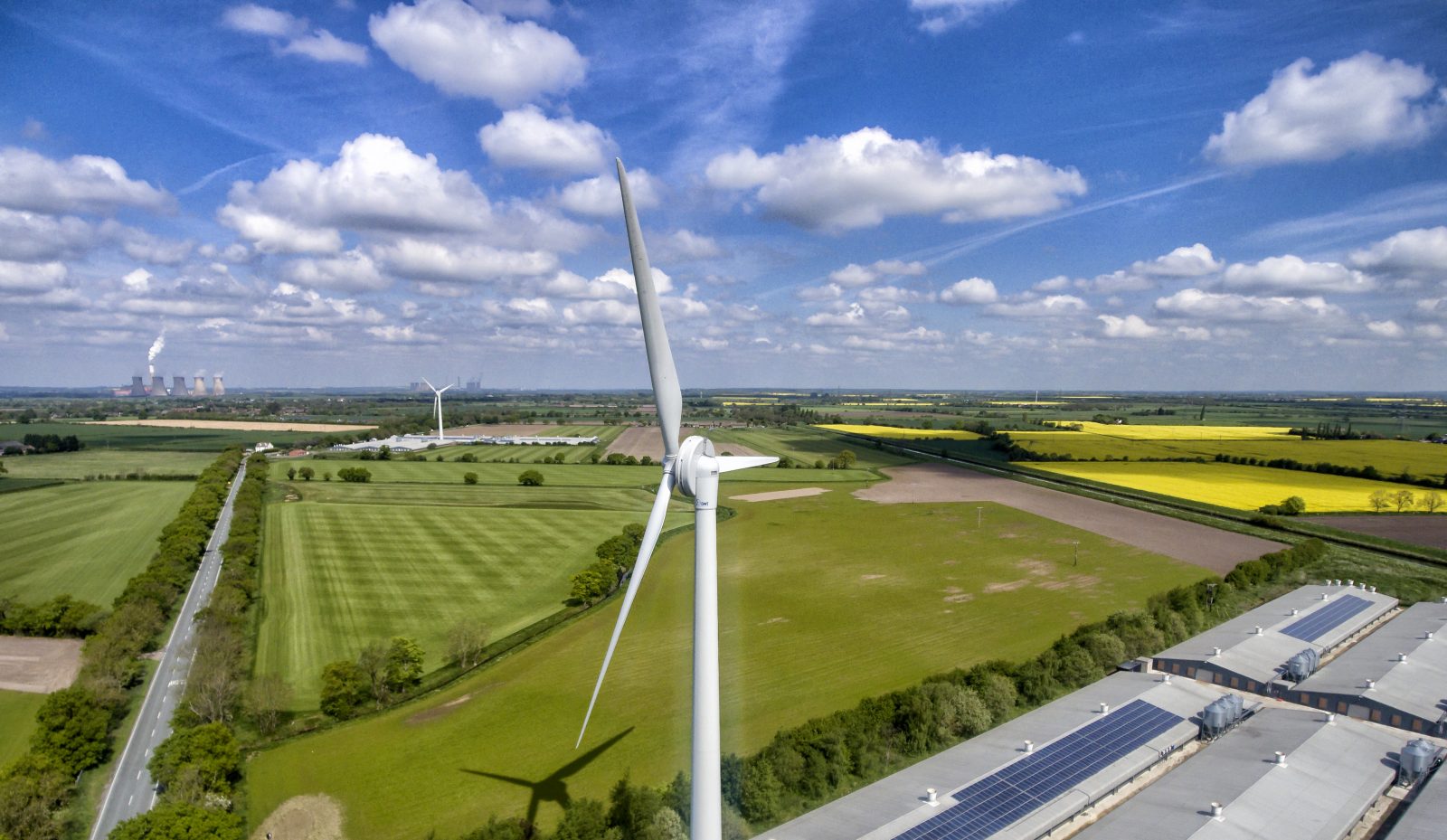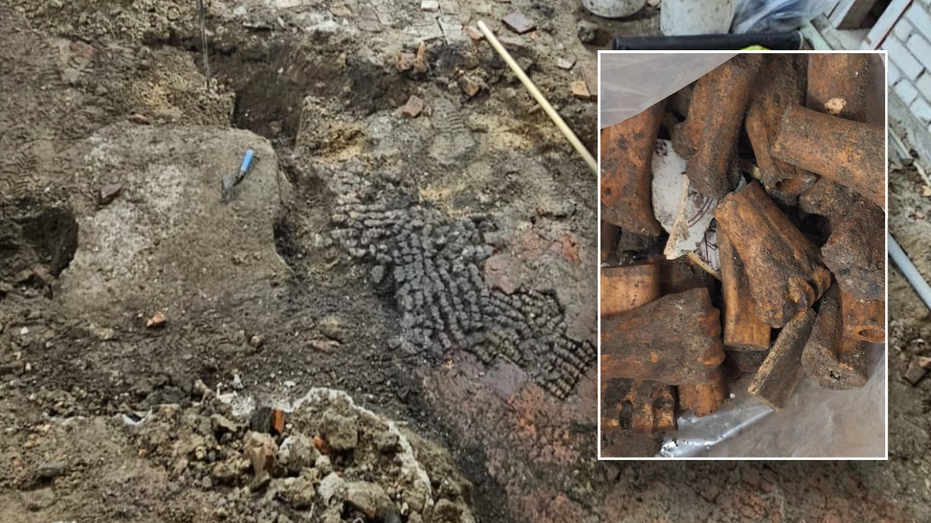‘Build baby build’: Break infrastructure ‘inertia’ to boost growth, report urges
Ministers have been urged to break Britain’s infrastructure “inertia” in a bid to turbocharge the planning system and ramp up growth, according to a think tank report. Streamlining the consent process, empowering key decisions in the national interest, fixing ambiguous laws, and updating policy documents would all contribute to the UK’s ability to build infrastructure [...]


Ministers have been urged to break Britain’s infrastructure “inertia” in a bid to turbocharge the planning system and ramp up growth, according to a think tank report.
Streamlining the consent process, empowering key decisions in the national interest, fixing ambiguous laws, and updating policy documents would all contribute to the UK’s ability to build infrastructure efficiently, a Centre for Policy Studies (CPS) report argues.
Titled ‘Accelerating Infrastructure: How to get Britain Building More, Faster’, the paper – by Dr Samuel Hughes, head of housing and co-author of the ‘Foundations’ essay on why Britain is stagnating – argues some reforms could be implemented within days.
Speeding up infrastructure delivery is one of the country’s most pressing problems, he argues, especially in comparison to in previous centuries or elsewhere in modern Europe.
It comes after Prime Minister Sir Keir Starmer highlighted the East Anglia Two offshore wind farm in his speech at Monday’s investment summit which was delayed by judicial review.
Hughes’ recommendations include: accelerating planning by fixing statutory guidance; updating national policy statements; empowering departments to make decisive rulings; reforming or withdrawing from the Aarhus Convention, which gives people the right to access environmental information; and reforming the rules around judicial reviews.
He said: “Britain seems to take its terrible record of infrastructure delivery as an unalterable fact, like the weather. This is profoundly mistaken.
“In our relatively recent history, Britain was the best country in the world at infrastructure delivery and we could be so again.”
And he added: “Many of the solutions we outline do not require legislative change and all could be adopted by the current government tomorrow.
“Giving focus and clarity to the infrastructure planning process won’t fix all our infrastructure problems but it is an essential first step.”
While planning lawyer Isabella Tafur, of Francis Taylor Building, wrote in the report foreword: “The Lower Thames Crossing has now spent 15 years in planning and has cost more than £300m, more than it cost Norway to actually build the Laerdal Tunnel, the world’s longest subsea road tunnel.
“The reopening of Manston Airport has been pushed back by four years of legal challenges, yielding nothing except cost and delay. Encouragingly, there is growing political will to change this.”



